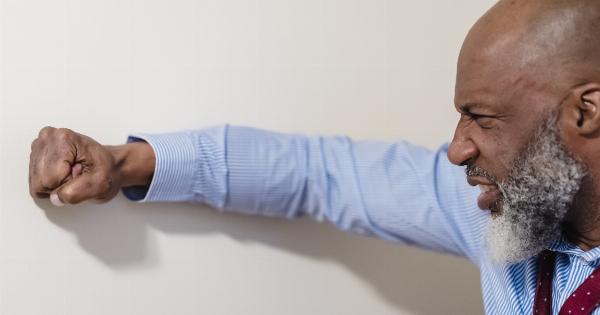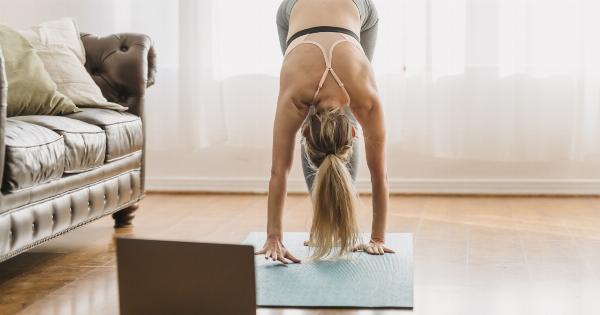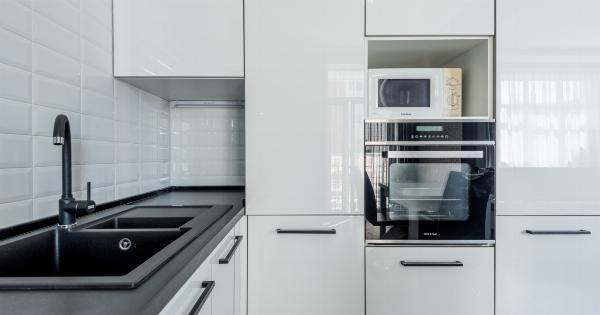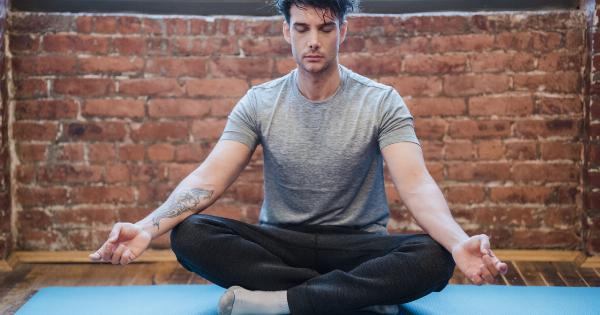Stress, anxiety, and tension have become an everyday phenomenon for many people in the modern world. The busy, technology-driven lifestyle has made it almost impossible to avoid stress.
The good news is that there are natural strategies that can help you combat stress, and help you relax and rejuvenate your mind and body. In this article, we will discuss ten effective relaxation techniques that you can use to combat stress and regain peace of mind.
1. Deep breathing exercises
Deep breathing is an excellent relaxation technique that can help you calm down, reduce anxiety and stress, and manage your emotions effectively. Start by sitting in a quiet and comfortable place and place your hands on your diaphragm.
Inhale deeply, filling your lungs with air. Hold your breath for a few seconds and then exhale completely, emptying your lungs of air. Repeat the process several times, taking long and deep breaths, focusing on your breathing and rhythm.
2. Progressive muscle relaxation
This technique involves tensing and relaxing different muscles in your body, helping you to release tension and stress. Start by tightening a group of muscles in your body, for example, your toes, and hold the tension for a few seconds.
Then release the tension and relax the muscles completely. Move on to other muscles in your body, working your way through your leg muscles, torso, arms, neck, and face. This technique can help you relax your body and relieve tension.
3. Mindfulness meditation
Mindfulness meditation is an ancient technique that can assist you in becoming more aware of the present moment and reduce stress and anxiety levels.
Find a peaceful and quiet place, sit comfortably, and focus on your breathing, your thoughts, and surroundings. Observe your thoughts, but do not judge them. Once distracted, gently refocus on your breathing.
4. Yoga
Yoga is an ancient practice that helps in harmonizing the mind and body and promotes relaxation and stress relief. Practice yoga regularly to connect with your inner self, increase relaxation and flexibility, and reduce anxiety, stress, and tension.
There are several different types of yoga, so find one that suits you best.
5. Exercise
Physical exercise is known to helps to reduce stress levels, improve sleep, and promote overall wellbeing. Regular exercise can help to release endorphins, which are natural feel-good hormones that provide a sense of pleasure and wellbeing.
Engage in any physical activity for 30 minutes a day, whether it’s running, swimming, or cycling.
6. Take a hot bath
A warm bath is an excellent way to relax and unwind after a long day. Add some Epsom salt to the water to soothe aching muscles. You can also add essential oils or candles with a soothing aroma to the area.
Close your eyes, soak and relax in the warm water for 20-30 minutes, and allow the stresses of the day to melt away.
7. Sleep hygiene
Getting enough sleep is essential for your physical and mental health.
Establish a regular bedtime routine, switch off all electronic devices an hour before bed, create a cool and peaceful sleep environment, and avoid caffeine, alcohol, and sugar before bedtime.
8. Laughing
Laughter is an excellent way to reduce stress and tension. It triggers the release of endorphins, reduces the levels of stress hormones, and promotes a sense of wellbeing.
Watch a funny movie, read a humorous book, hang out with funny friends, or practice laughter yoga.
9. Create a Relaxation Sanctuary
Create a peaceful and serene environment in your home as a refuge from everyday life. You can add soft music, candles, relaxing scents or essential oils, and comfortable furniture to create a comfortable space.
Use the area frequently to enjoy relaxation, meditation, or yoga.
10. Spend time in nature
Spending time in nature is an excellent way to reduce stress and tension levels. It can help to reset your mind and body, disconnect from technology and city life, and recharge your energy levels.
Hiking, canoeing, and camping are some of the ways to enjoy and get the benefits of nature.





























